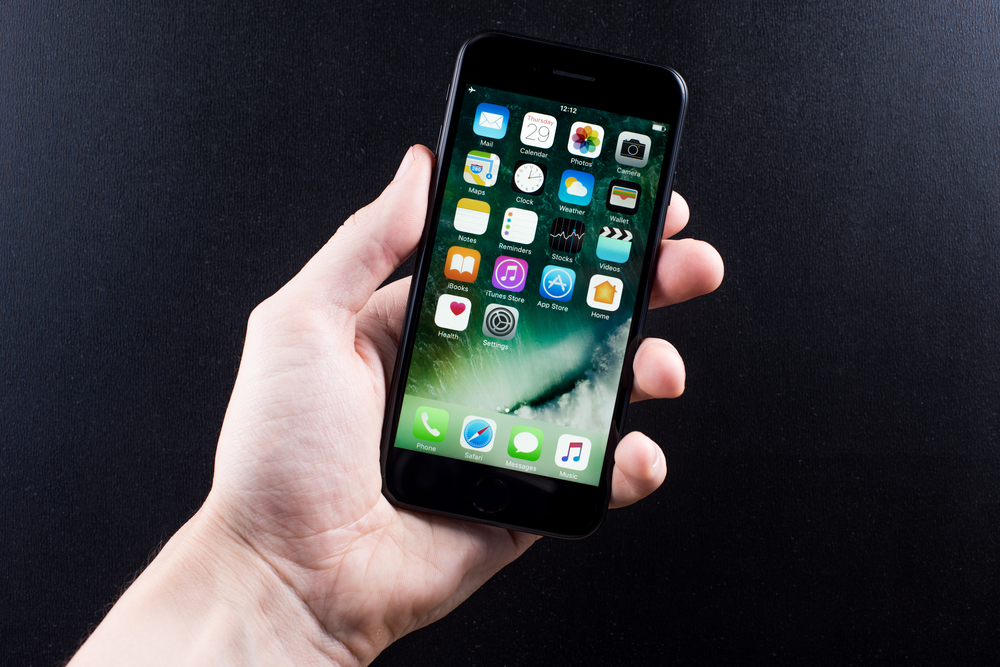
Mobile apps have become an integral part of our daily lives. With millions of apps available in various app stores, it has become crucial for app developers to focus on effective marketing strategies to stand out from the competition. In this article, we will explore expert tips and tricks for successful mobile Android or iOS app promotion.
1. Define Your Target Audience
Before diving into the marketing efforts, it is essential to identify your target audience. Understanding who your app is meant for will help you create targeted and personalized marketing campaigns. Conduct market research, analyze user demographics, and outline user personas to get a clear picture of your target audience.
By identifying your target audience, you can tailor your content, design, and messaging to appeal directly to them. This will increase the effectiveness of your marketing campaigns and attract more relevant users to your mobile Google Play or App Store app .
2. Optimize Your App Store Listing
App store optimization (ASO) is crucial for mobile App Store or Google Play app marketing. ASO involves optimizing your app store listing to improve its visibility and increase downloads. When users search for a specific app or category, your app should appear among the top search results.
To optimize your app store listing, focus on the following elements:
- Include relevant keywords and make it catchy. Description: Clearly explain the features and benefits of your app Keywords: Research and include popular relevant keywords. Visual Assets: High-quality screenshots and app preview videos. Ratings and Reviews: Encourage users to leave positive reviews and respond to any negative feedback promptly.
Optimizing these elements will increase the visibility of your app, attract more users, and improve its overall ranking in the app store.
3. Leverage Social Media
Social media platforms have become powerful marketing tools for promoting mobile iOS or Android app s. Develop a social media strategy that targets your audience and engages them effectively. Create compelling and shareable content related to your app, such as tutorials, tips, and updates.
Identify the social media platforms where your target audience is most active and establish a strong presence there. Engage with your followers, respond to comments and queries, and run targeted ad campaigns to reach a wider audience.
Encourage user-generated content by hosting contests, surveys, or challenges related to your mobile app . This will not only create a buzz around your app but also increase its visibility through word-of-mouth marketing.
4. Collaborate with Influencers
Influencer marketing has proven to be a highly effective strategy for mobile app promotion. Identify influencers in your niche who have a significant following and influence over your target audience. Collaborate with them to promote your app through sponsored posts, reviews, or giveaways.
Make sure to choose influencers whose values align with your app and target audience. Their endorsement will not only attract new users but also lend credibility to your app.
5. Implement Content Marketing
Content marketing is another powerful tool for mobile app marketing. Create valuable and informative content related to your app and distribute it through various channels such as blogs, guest posts, newsletters, and videos.
Consider creating a blog or a resource section on your website where you can provide in-depth information, tutorials, and updates about your app. This will not only help in engaging users but also establish your app as a reliable source of information in your niche.
Utilize search engine optimization (SEO) techniques to ensure your content appears in search engine results when users are looking for information related to your app.
Frequently Asked Questions
Q1. How long does it take to see results from mobile app marketing?
A1. The time it takes to see results from mobile app marketing can vary depending on various factors, such as the competitiveness of your app niche, marketing budget, and the effectiveness of your strategies. Generally, it takes several weeks or even months to start seeing significant results.
Q2. What are some effective ways to retain app users?
A2. To retain app users, you can implement strategies such as sending personalized push notifications, offering loyalty rewards, and providing regular updates with new features and improvements. Additionally, encourage user feedback and promptly address any issues or concerns they may have.
Q3. Is paid advertising necessary for mobile app marketing?
A3. Paid advertising can be highly effective in reaching a broader audience and accelerating the growth of your app. However, it is not always necessary, especially if you have a limited budget. There are plenty of organic marketing strategies that can be equally effective in promoting your app.
Q4. How do app reviews affect app downloads?
A4. App reviews play a crucial role in influencing app downloads. Positive reviews create a sense of trust and credibility among potential users, encouraging them to try out your app. On the other hand, negative reviews can deter users from downloading your app. Encourage satisfied users to leave reviews and promptly address any negative feedback to maintain a positive reputation.
Q5. Should I focus on a single app store or target multiple platforms?
A5. Targeting multiple platforms can significantly increase your app's reach and potential user base. However, it also requires additional resources for development and maintenance. It is essential to evaluate your target audience and market to decide which platforms will bring the best results for your app.
In conclusion, mastering mobile app marketing requires a combination of targeted strategies, optimization, and engaging content. By understanding your target audience, optimizing your app store listing, leveraging social media, collaborating with influencers, and implementing content marketing, you can successfully promote your mobile app and attract a wider user base.
Other useful resources
- https://en.wikipedia.org/wiki/Android_(operating_system)